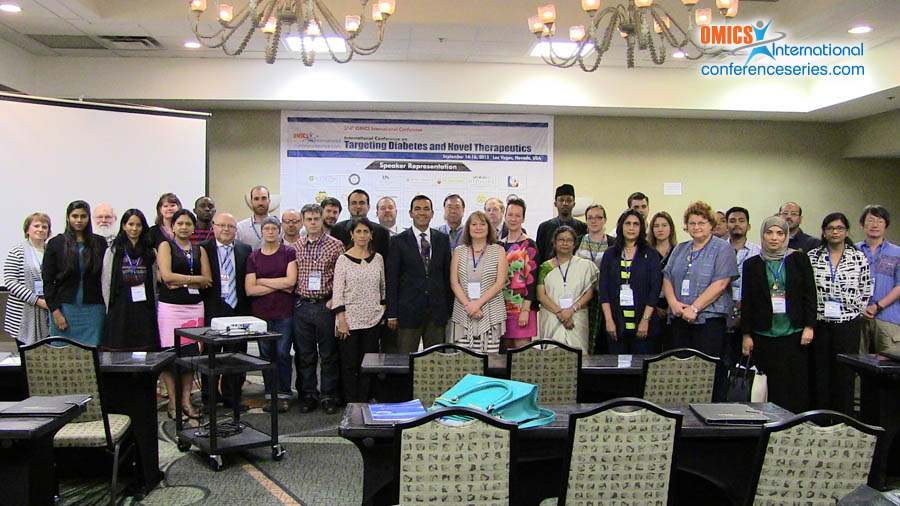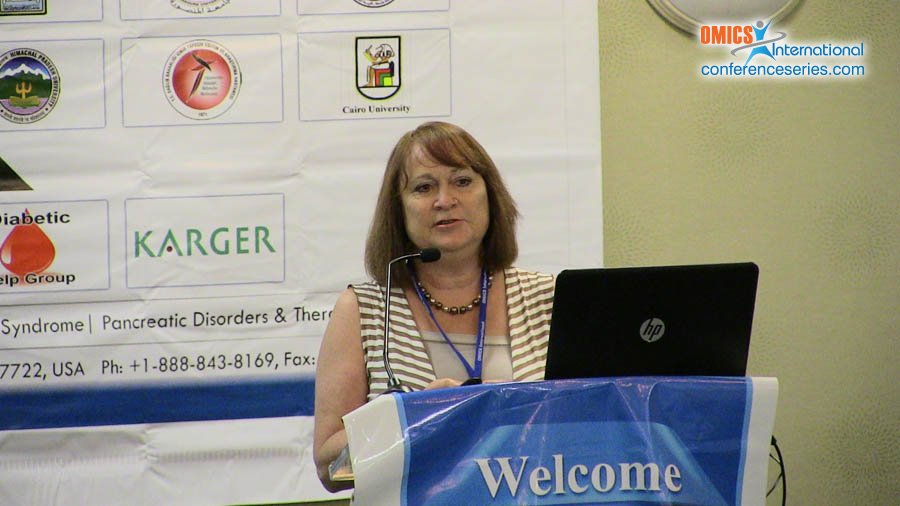
Biography
Biography: Shirley Mcilvenny
Abstract
The first line treatment with any newly diagnosed Type 2 Diabetic is always dietary intervention first. However this strategy rarely works as patients are given advice which is not in line with up-to-date scientific evidence, is not contextualised for their situation and does not take into account their motivation to use diet as a therapy. Far too many patients believe they can carry on eating as usual and the pills will do the rest. However, dietary intervention is taking on much greater importance now, as the prevalence of Type 2 Diabetes skyrockets in developed and developing countries, increasing the cost of both therapy and diabetic complications. Many countries across the world are struggling with the high cost of modern health care, provoking governments into considering such extremes as linking health indicators such as reducing obesity with social welfare payments. Recent research shows we can make an impact on the prevalence of type 2 diabetes, making its management much more cost-effective with 1) employing the right dietary advice based on scientific evidence, 2) using motivational skills to move the patient into taking action, 3) using epigenetics and nutrigenomics to guide us in our targeted therapy. This presentation explores the most recent evidence in dietary advice, epigenetics and nutrigenomics to argue a new dietary intervention plan is the way forward for management of Type 2 Diabetes which is effective, will reduce health care costs greatly and will reduce the prevalence of secondary complications. This will reduce the number of patients who need to access medication and insulin therapy thus relieving the burden on health care costs world-wide.



